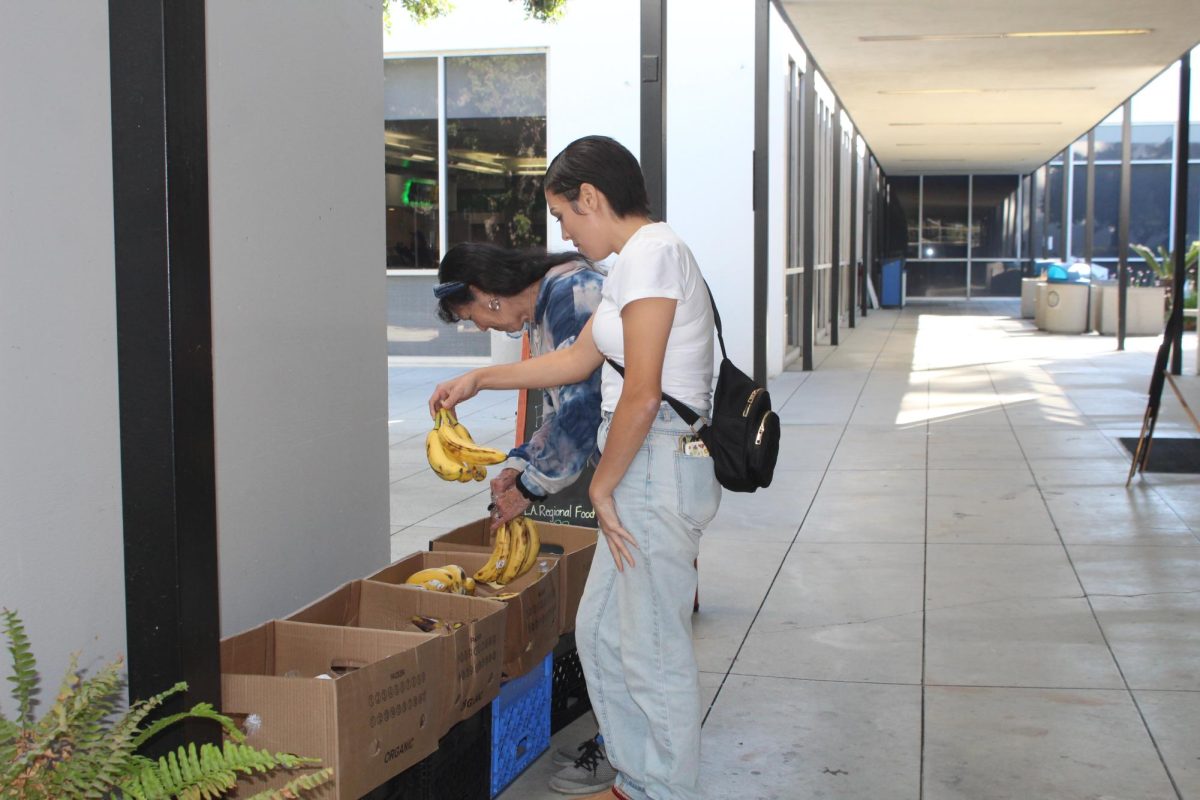Transferring to a four-year university is like being a little fish in a big pond, but advice from former Cerritos College students can help students swim on.
One of the biggest differences students experience between community college and a four-year university after transferring is the vibe that the classes have.
“Students at the university level are more serious about studying and getting their degree,” Jasmine Gomez, who transferred to Cal State Long Beach, said.
At Cerritos College, students are more prone to mess around in school because they are still trying to figure out what they want to do with their lives, but universities raise their expectations of students.
Yesenia Osuna, who transferred to Cal State Dominguez Hills, also noted that going to a university differs from a community college.
Here are Osuna and Gomez’s tips on making a smoother transition from a community college to a university:
1. Get to know what resources your campus offers.
They may offer one free scantron a day. They may also offer free fitness classes.
Most universities offer tutoring for just about any subject, so it is important for students to seek resources that will help them succeed.
Cal State Dominguez Hill’s career center even has etiquette classes for students because proper etiquette is something that students may not have learned otherwise.
Osuna said, “What if you have an interview and it’s not a face to face (interview)? They want to take you out to dinner. The class will tell you what to order, what’s appropriate and how to behave.”
2. Foresee a change in academic expectations.
Cerritos College professors “hold students’ hands” by offering study guides before an exam, but oftentimes university professors refuse to employ this method.
Gomez said, “They teach you the material and you have to figure out what you think is important to study for the tests.”
Professors say that students should set two hours a week aside to study.
At the university level, those extra hours really do translate into your grade, according to Osuna.
“There’s no way you’ll pass a class without reading. You have lectures, reading (and) side articles and it’s a lot of information to take in just for one class,” she said.
3. Work extra hard when you know you planned have social events.
Attending a community college allows more time for a social life, and students get used to their daily dose of socializing.
When it comes to the university level, students should expect a drastic change in the time they spend with their friends because of the increased workload.
Osuna said, “If you really want to go out that Saturday night, then the rest of the nights (in the week) you can’t sit there and have a social life.”
4. Proper time management is a must and planners help.
Planners have a way of saving students from misusing their time instead of studying.
Gomez said, “I’ll be looking through my agenda and I’ll realize that I have a project that’s due in a week.”
Planners help eliminate some stress that school would otherwise invoke because it keeps students on track with their homework assignments, important extracurricular activities and social events.
“A planner will be like your Bible for school,” Gomez said.
“If you write everything in as soon as you get your syllabi, it saves you from stressing about when midterms are or when big projects are due.”









